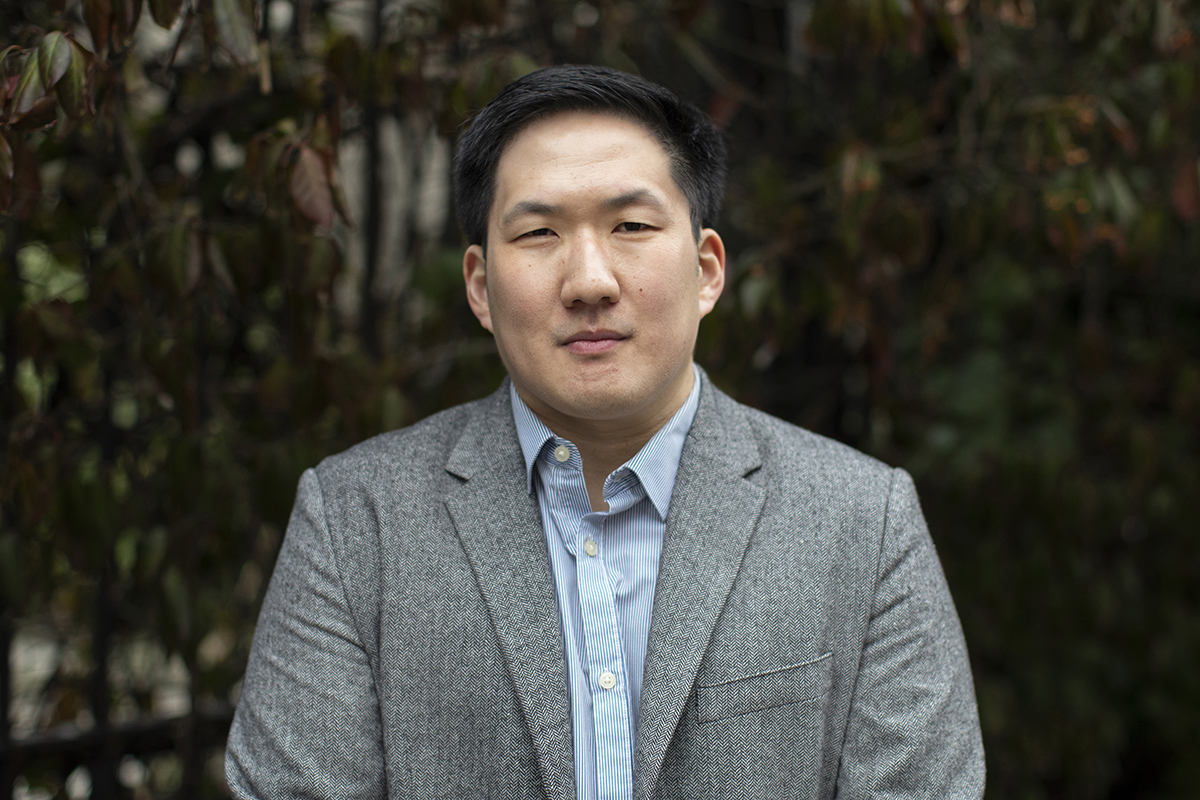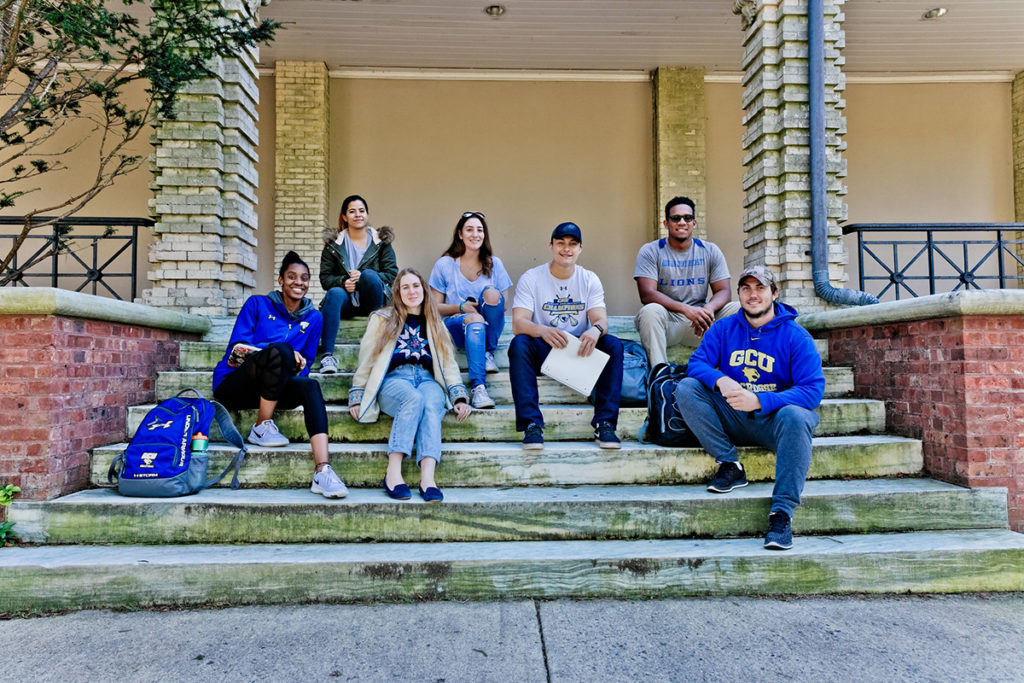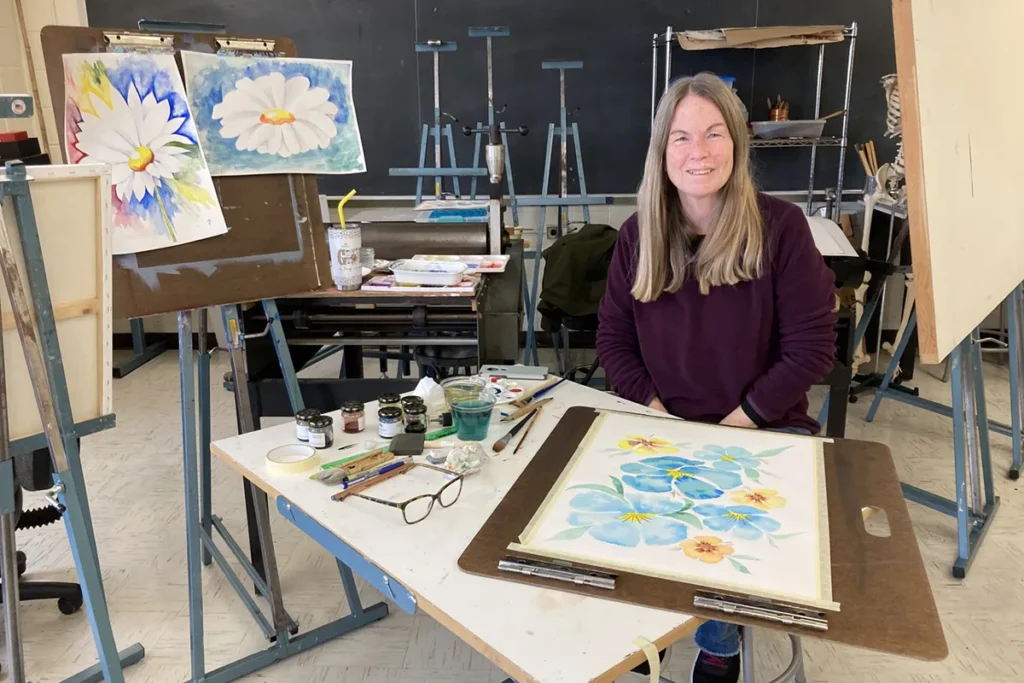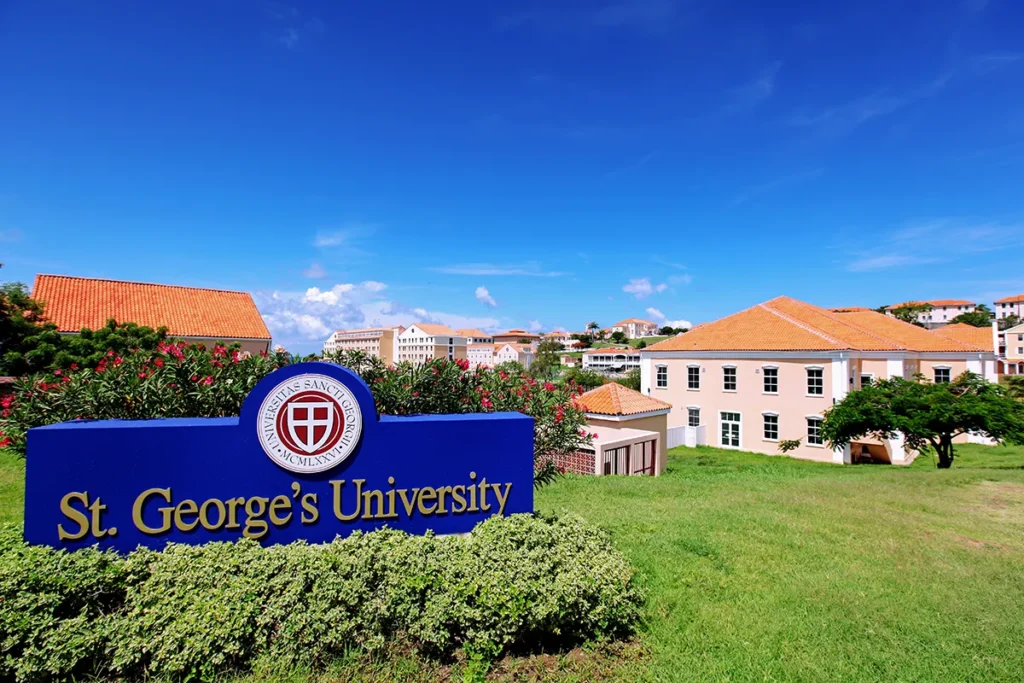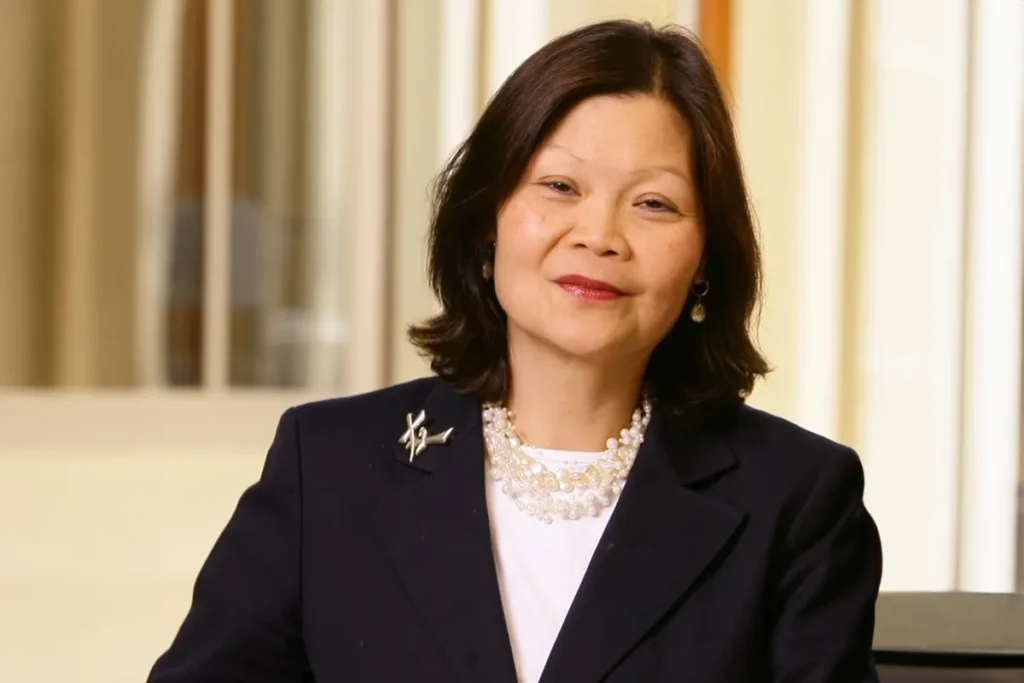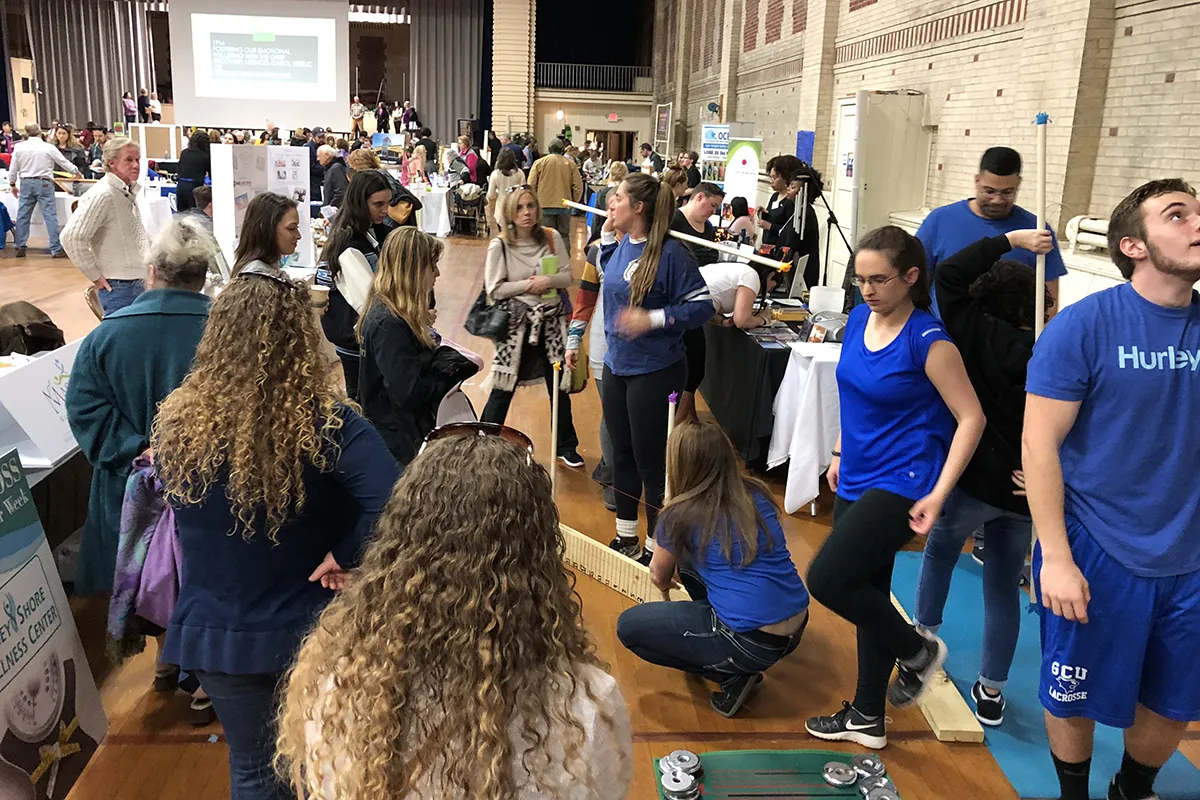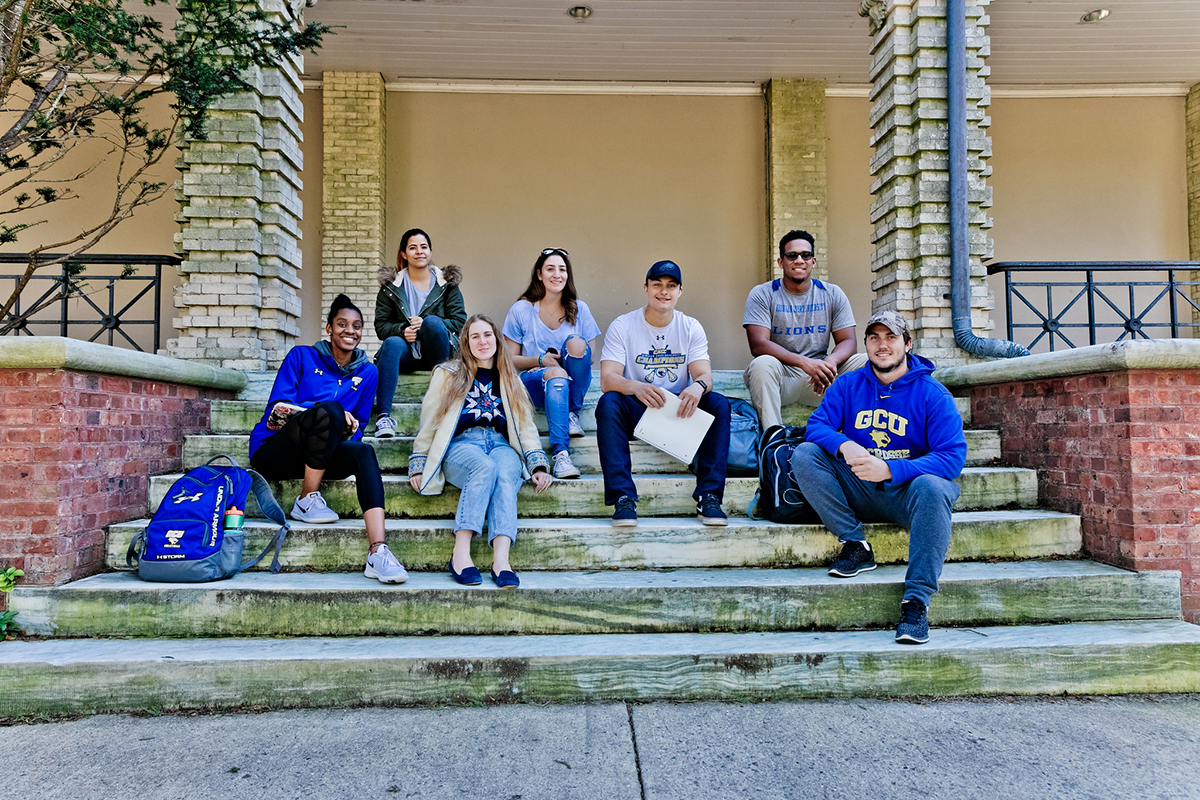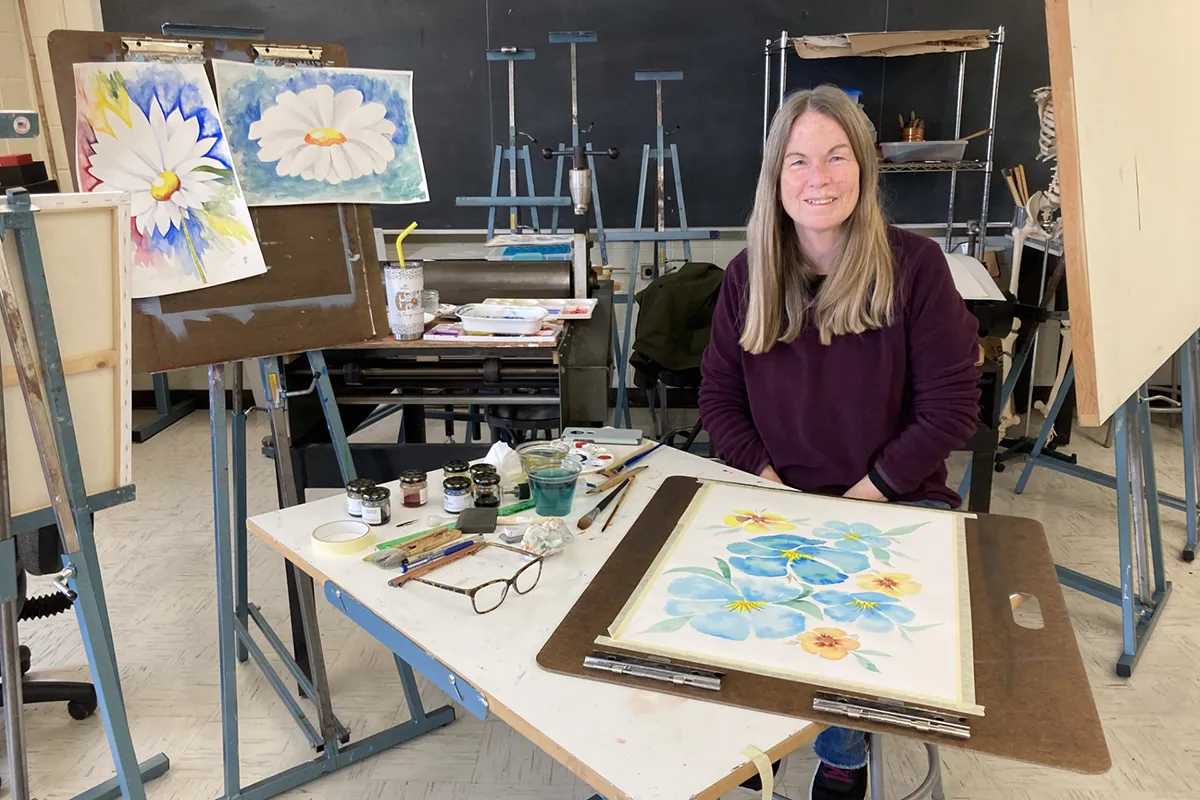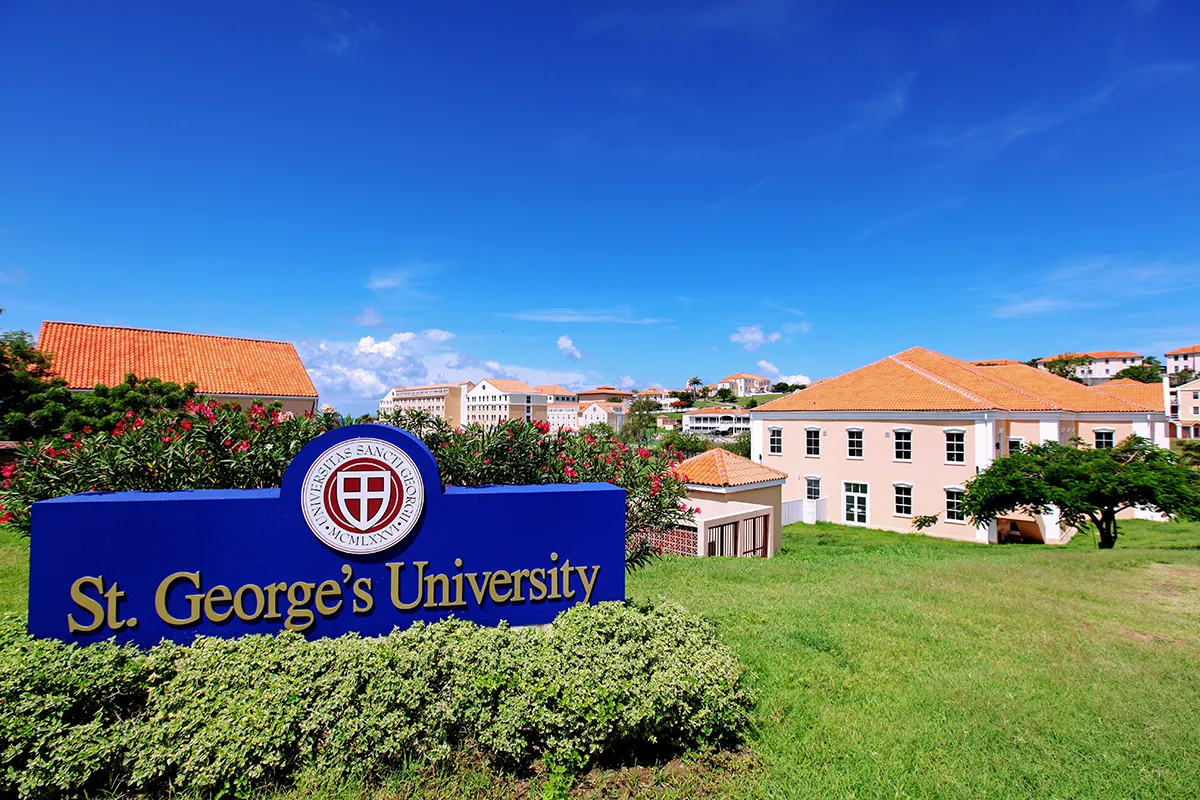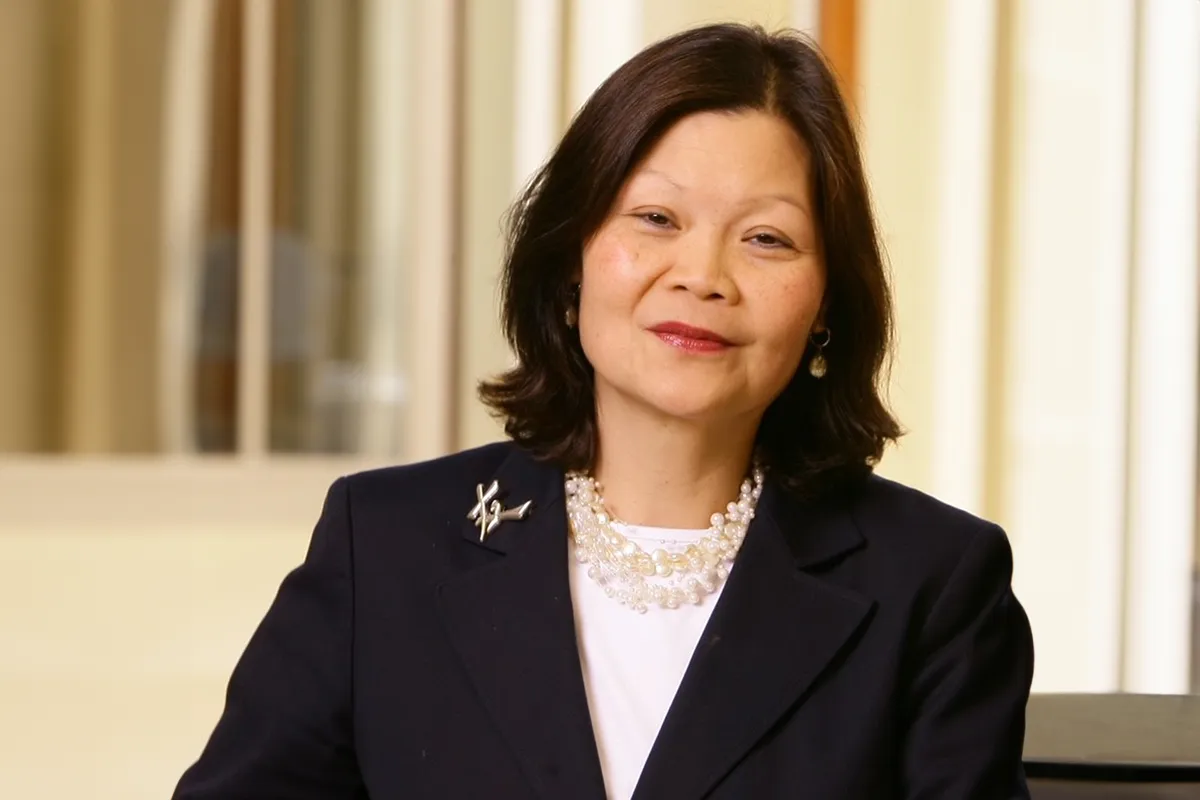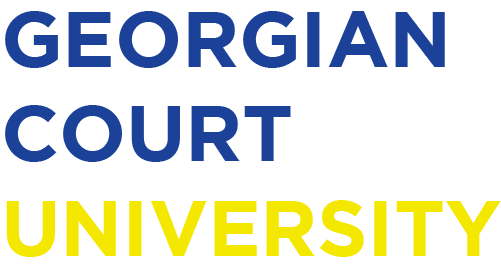Photo: Will Holloway
Journalist Seth Berkman ’07 loves a good story. And when his editors at the New York Times assigned him to cover South Korea’s efforts to build a women’s Olympic hockey team—a first for their country—Mr. Berkman knew he had one. He didn’t know, however, that it would lead to his first book, A Team of Their Own: How an International Sisterhood Made Olympic History (Hanover Square Press, 2019).
The book, widely available in print and as an audiobook, has put Mr. Berkman in the public spotlight, and he’s been making the rounds doing interviews, podcasts, and presentations across the country. And on social media—beyond promoting the book on Twitter, Instagram and Linkedin—he even did an AMA (Ask Me Anything) on Reddit.
The Story Behind the Story
More than a year before the 2018 Winter Games, Mr. Berkman got to know the Olympic hockey team, which included more than 24 female hockey players plus their coaches. He also researched and came to understand the athletic landscape of their home countries. And just a month before the games, when North and South Korea combined their Olympic hockey teams, his assignment morphed into one of geopolitics, diplomacy, women’s empowerment, and national pride.
“At the heart of this joint participation in the Olympics was the ice hockey team that was formed with athletes representing both North and South Korea—these are events that you might be already familiar with, but a lot was happening at Pyeongchang, both at a geopolitical level and at a human level. The unified Korea team was more than just a story of North-South reconciliation. The team was pan-Korean with players of Korean descent from Canada and the United States skating side-by-side. “
Korea Economic Institute
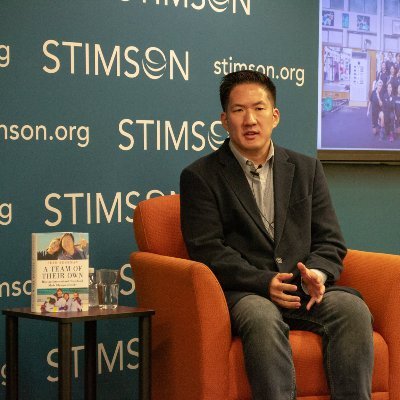
The veteran sportswriter and contributor to the New York Times, SPIN, ESPN, the New Yorker and The Guardian, talked to GCU Magazine about his professional journey. Mr. Berkman, who was born in South Korea and adopted by parents who raised him in Lakewood, also discovered a personal, parallel experience while writing the book—that is, getting to know more about Korean culture and heritage.
The interview excerpts here are in addition to a story recently published in the Winter 2020 edition of GCU Magazine.
On Growing Up in Lakewood
Seth Berkman: Lakewood really shaped who I’ve become . . . it’s such a unique town. I think Lakewood helped prepare me for life. A lot of people don’t get a taste of diversity or other cultures or the intricacies of America until they go to college. Lakewood was never like that.
Being adopted, I never really felt that Korean or that connected to Korean heritage. I had the background of living in Lakewood, however, which shaped me in another kind of way. The majority of my friends weren’t just white, but African American or Puerto Rican, or from other other backgrounds. That allowed me to absorb the cultures of the people around me. Living in Lakewood prepared me for another huge melting pot, now that I live in New York City. I look back at how that shaped me—and how writing this book has helped me.
On How the Book Evolved
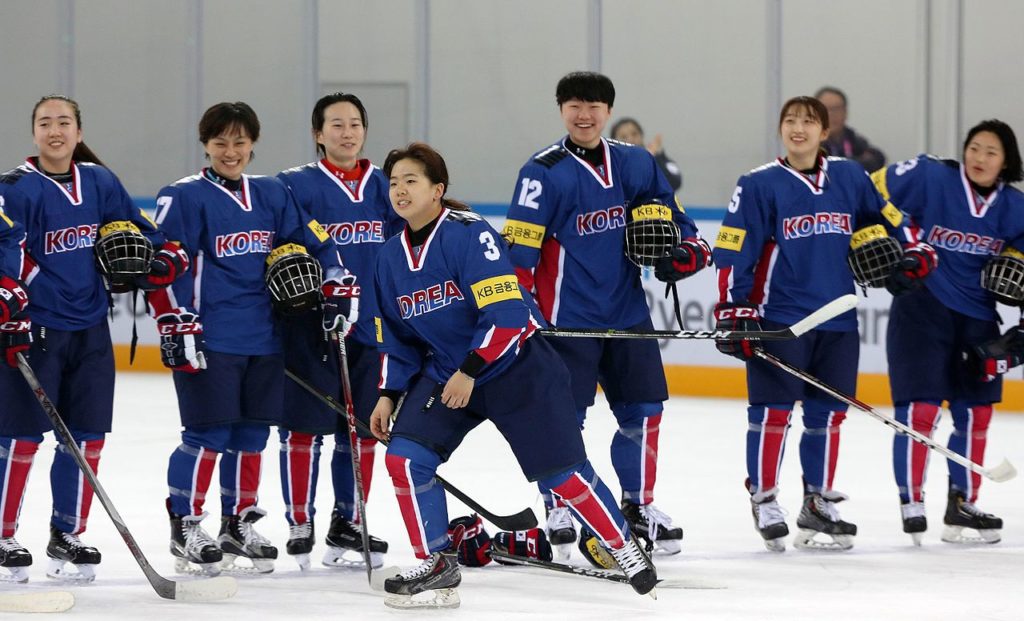
Photo: Korea.net/Korean Culture and Information Service (Jeon Han)
Seth Berkman: In late 2016, we decided to do a story about how South Korea was going to build a women’s hockey team in time for the Olympics. At the time, it was because the home country gets to field a competitive team. In doing some research, I learned they had started reaching out to Canadians and Americans of Korean descent—that was interesting because of the personal aspects of their journeys, but also from the angle of creating a single team from three different countries. I was going to explore the journeys of the import players (those living in Canada and in the U.S., but selected for the South Korean team). That was going to be the focus of the original story. At the time I didn’t know it was going to be a book, but I did know there was more to be told.
Bigger Than the Big Game
Seth Berkman: When it came time for the unified team debut, I had never been in an arena with that kind of atmosphere. You could tell right away that 90 percent of the crowd had never even seen a hockey team effort. Everyone was looking for the exterior things going on, and there was a hockey team in the middle of it. Everyone is trying to get pictures of the presidents (of North Korea and South Korea) while an actual game was taking place. You could tell the team hadn’t played in front of a crowd that big—it was so loud, and it was an unusual mix of sports and politics, and a rare moment captured in a hockey game.
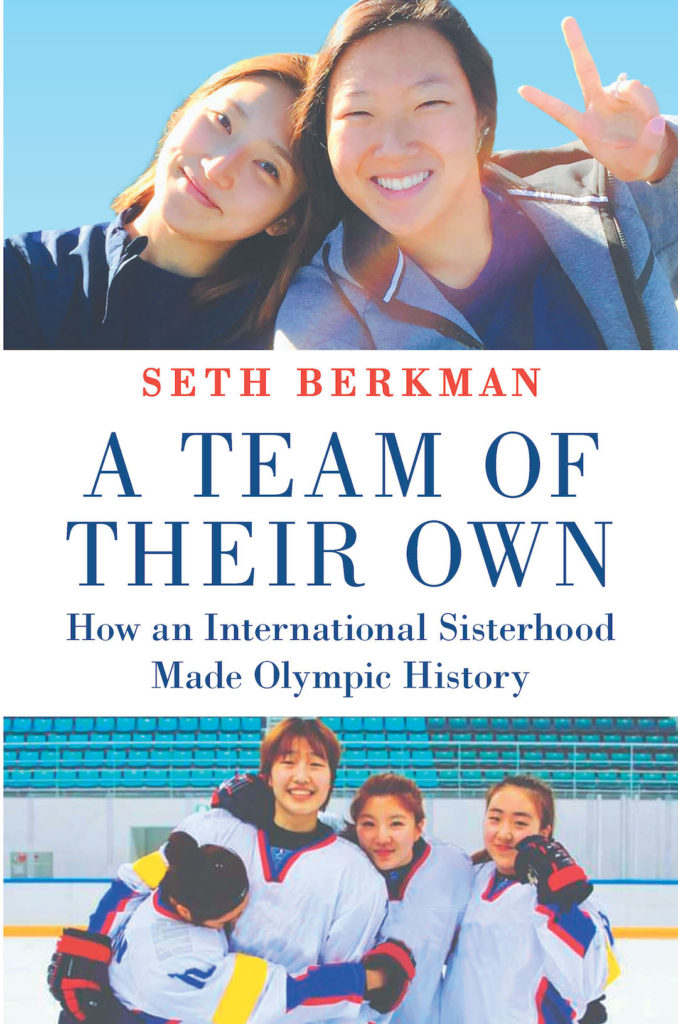
A Personal Moment, Too
Seth Berkman: In terms of my own journey and identity, being around the team gave me a certain feeling that I don’t normally experience in my work as a journalist. The experience, like seeing the South Korean flag on the team’s warm-ups or jackets, stirred something in me. I have to acknowledge, though, that it is an evolving kind of process. Promoting the book has been fun, and I’ve enjoyed meeting and speaking with people. It’s a weird journey, though, and there’s a mix of emotions. (Seth shared more personal insight in an interview with Almanac, a show produced by Minnesota PBS.)
Advice for Aspiring Authors
Seth Berkman: Two of the most important things are to read as much as you can and write as much as you can. I always felt like a better writer after reading things. Books, magazine articles, and well-written passages can only help you. Having diversity in your writing helps. I’ve covered everything from religion to education to business. You have to be able to adapt and being able to learn on the fly helps. The more clips you can build up and the more writing you can do is beneficial.

